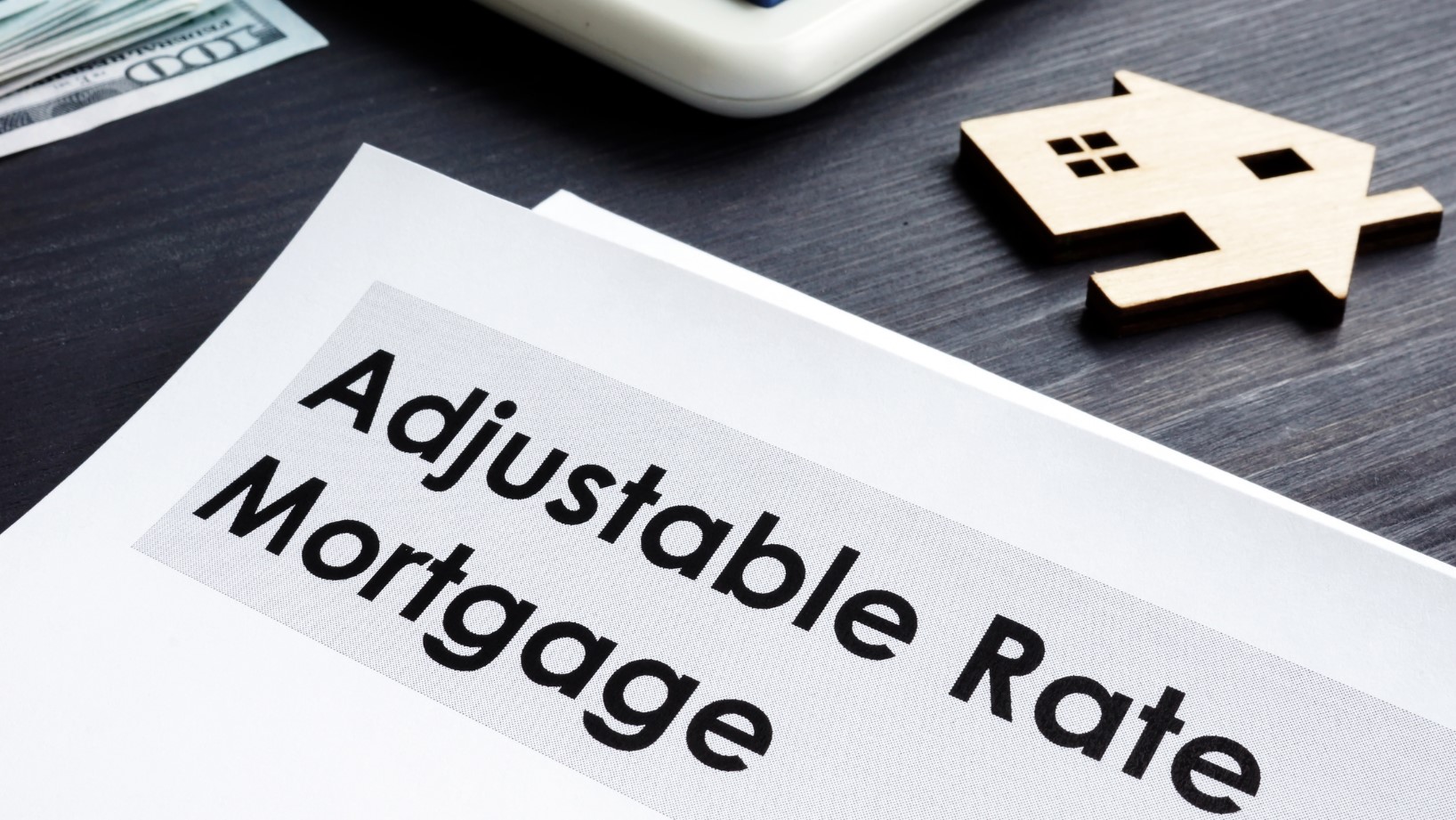Bridge Loans: What You Need To Know
 Are you in the process of selling your home? You probably want to buy a new one right now to ensure you have another house to move into, but what happens if you do not have the cash to buy a home right now? You might need to cash from your current home before you can purchase your next home, but can you really wait to sell your house before buying another one? A bridge loan can help you fix this issue. What is a bridge loan, and how does it work?
Are you in the process of selling your home? You probably want to buy a new one right now to ensure you have another house to move into, but what happens if you do not have the cash to buy a home right now? You might need to cash from your current home before you can purchase your next home, but can you really wait to sell your house before buying another one? A bridge loan can help you fix this issue. What is a bridge loan, and how does it work?
What Is A Bridge Loan?
A bridge loan has been specifically designed to let you tap into the equity you have in your current home and use that equity to buy another house. Essentially, you will borrow against the equity in your home, giving you the cash you need to buy your next house. Then, when you sell your current house, you will use the cash from the sale to pay off the bridge loan. That way, you don’t have to worry about selling your current house before you can buy your next one.
How Does The Repayment Process Work?
Like any other loan, you will have to make regular payments on the bridge loan even before you sell your current house. On the other hand, you might not have to pay down any of the principle until your sell your first home. Generally, you need to pay back the loan in a few months, and there is typically a balloon payment at the end that you pay when you sell your house.
Is It Right For Me?
Generally, you should consider getting a bridge loan if you need more flexibility when buying a house. Keep in mind that the loan will come with a slightly higher interest rate when compared to a mortgage, but it could make it easier for you to buy your next home.
Consider Getting A Bridge Loan If You Are Buying A Selling A House
If you are looking for some additional flexibility during the buying process, a bridge loan could help you. You should think carefully about whether you can qualify for a bridge loan and whether it is right for you. Consider reaching out to an expert who can help you.

 If you are getting ready to retire, you need to make sure you have income to support yourself during your golden years. One popular option is a reverse mortgage, and you can use it to supplement the benefits you receive through Social Security. On the other hand, you may have also heard about a home equity conversion mortgage. What are the differences between them, and which one is right for you?
If you are getting ready to retire, you need to make sure you have income to support yourself during your golden years. One popular option is a reverse mortgage, and you can use it to supplement the benefits you receive through Social Security. On the other hand, you may have also heard about a home equity conversion mortgage. What are the differences between them, and which one is right for you? If you are planning on buying a house in the near future, you have probably seen that there are multiple options available. You might even be considering an adjustable-rate mortgage, usually shortened to ARM. While many people opt for a fixed-rate mortgage, there are a few reasons to consider an ARM as well. What are some of the top advantages to keep in mind?
If you are planning on buying a house in the near future, you have probably seen that there are multiple options available. You might even be considering an adjustable-rate mortgage, usually shortened to ARM. While many people opt for a fixed-rate mortgage, there are a few reasons to consider an ARM as well. What are some of the top advantages to keep in mind? Today, the housing market is more competitive than it has ever been in the past. You may have your eyes on your dream home, but how can you make it stand out from the crowd? There are a few tips that you should keep in mind. What are a few things you should do, and what are a few things you should avoid?
Today, the housing market is more competitive than it has ever been in the past. You may have your eyes on your dream home, but how can you make it stand out from the crowd? There are a few tips that you should keep in mind. What are a few things you should do, and what are a few things you should avoid? Mortgage lenders weigh the risk of getting their principal and interest paid back by looking at the qualities of the prospective borrrower. And due to the amount of money being requested and lent to purchase homes, those requirements can become daunting. Working with a trusted and qualified mortgage professional makes this sometimes confusing process a little clearer.
Mortgage lenders weigh the risk of getting their principal and interest paid back by looking at the qualities of the prospective borrrower. And due to the amount of money being requested and lent to purchase homes, those requirements can become daunting. Working with a trusted and qualified mortgage professional makes this sometimes confusing process a little clearer.